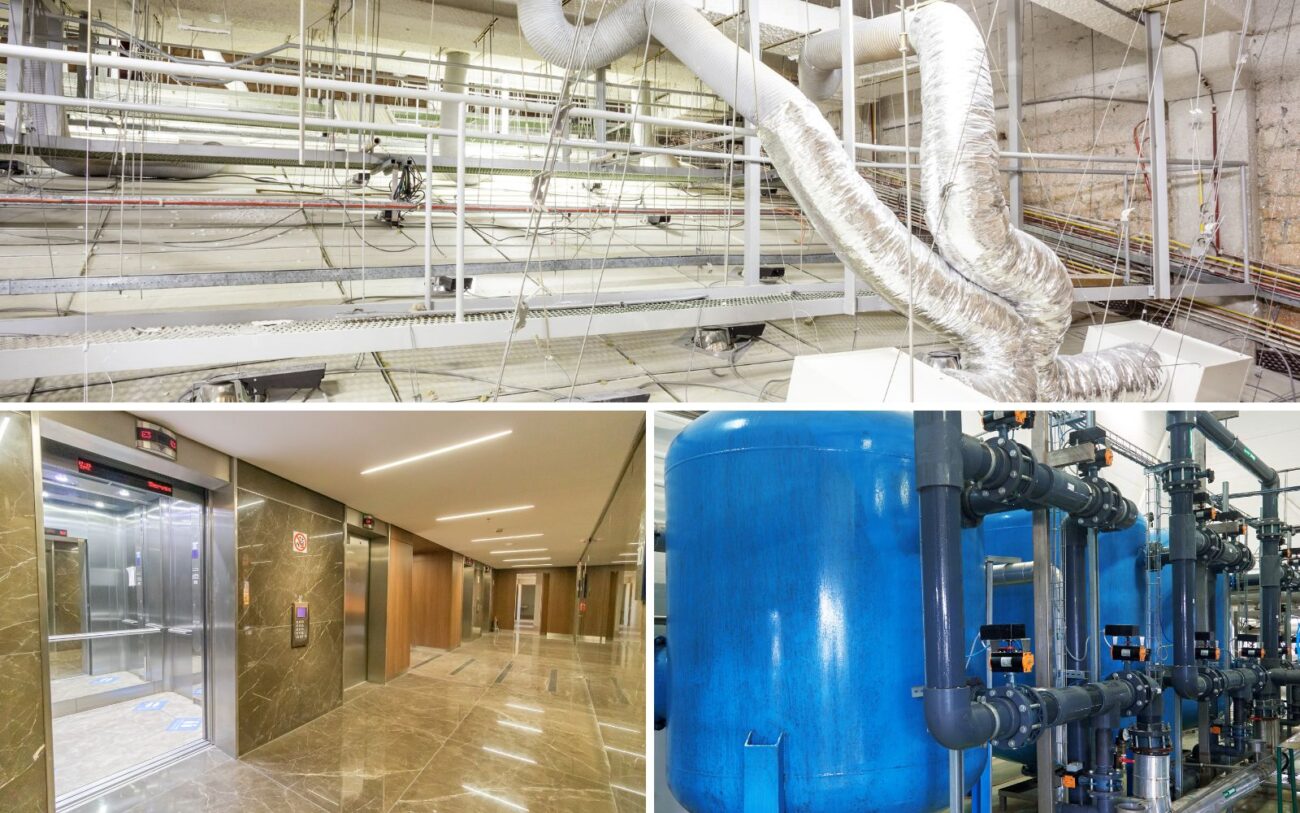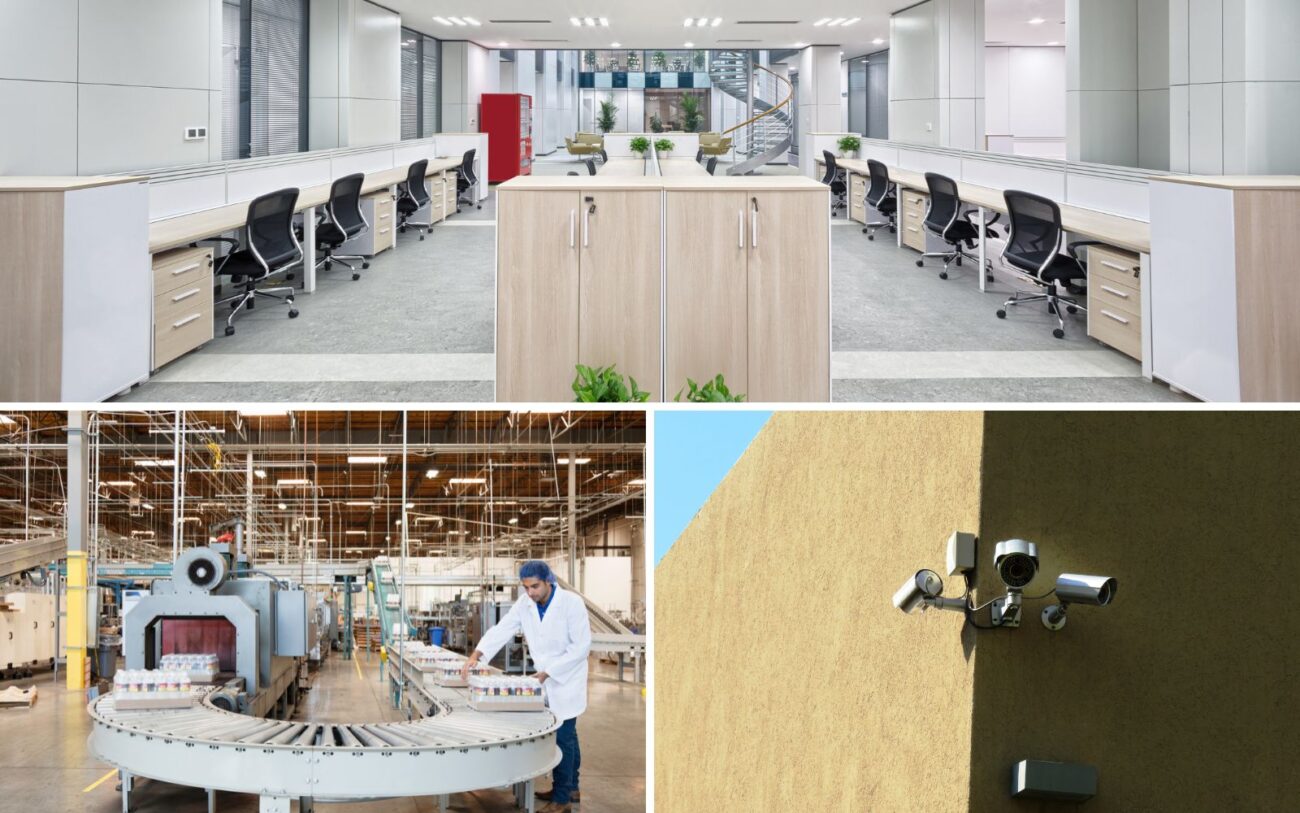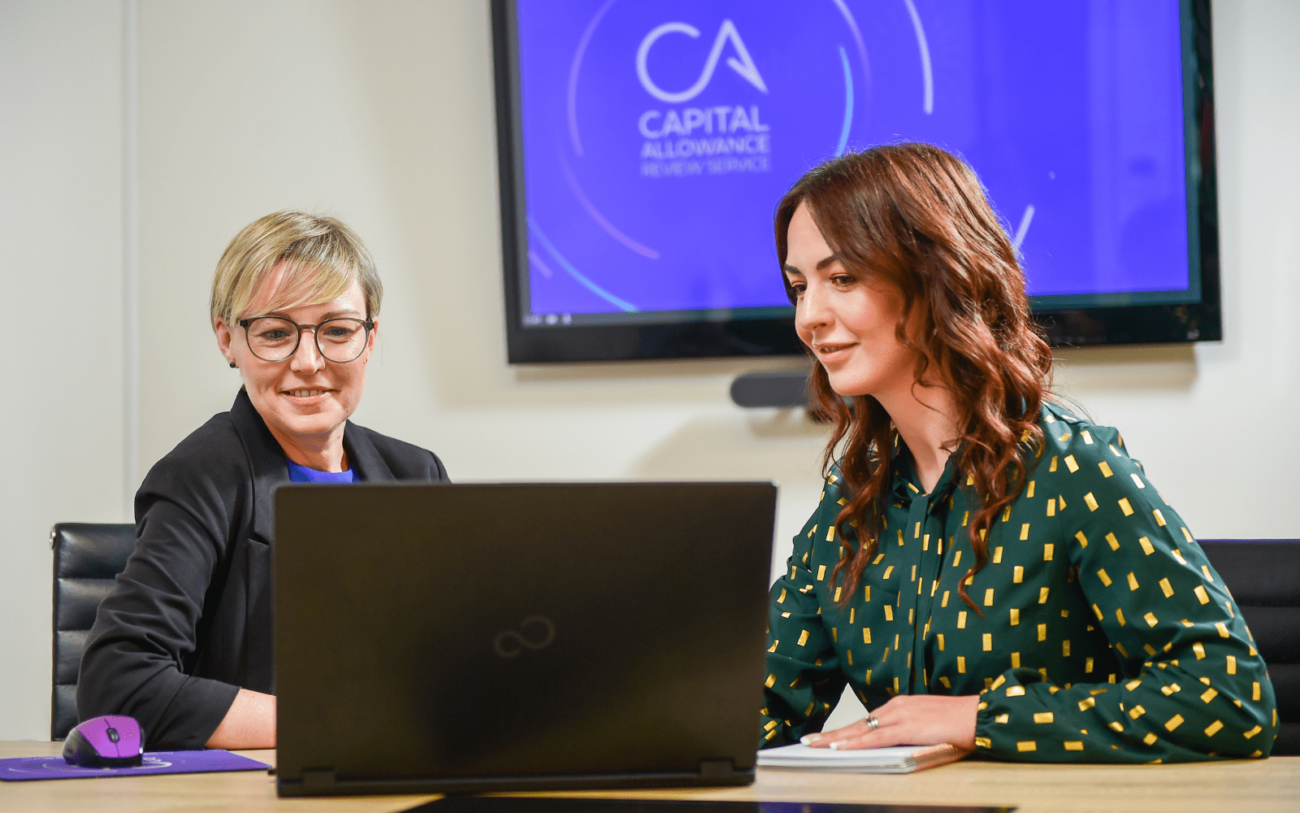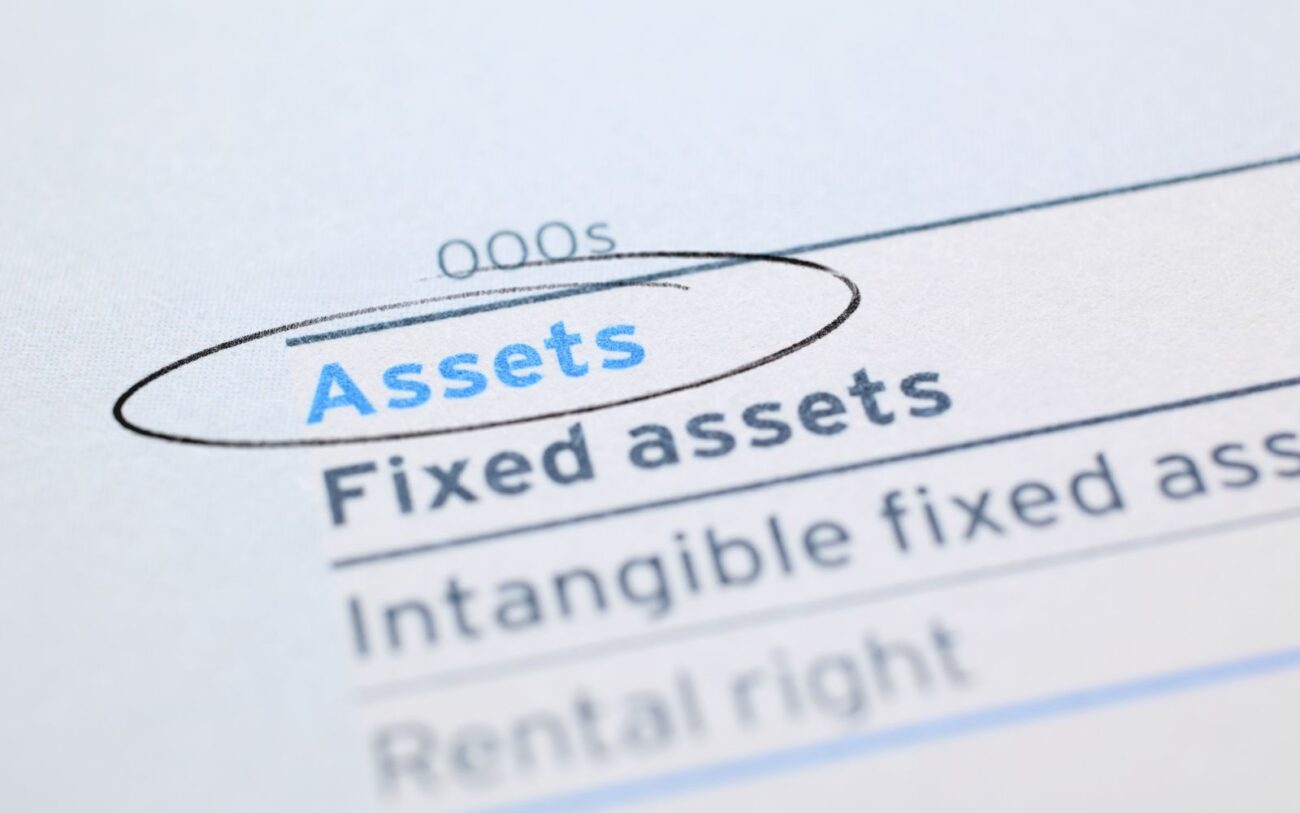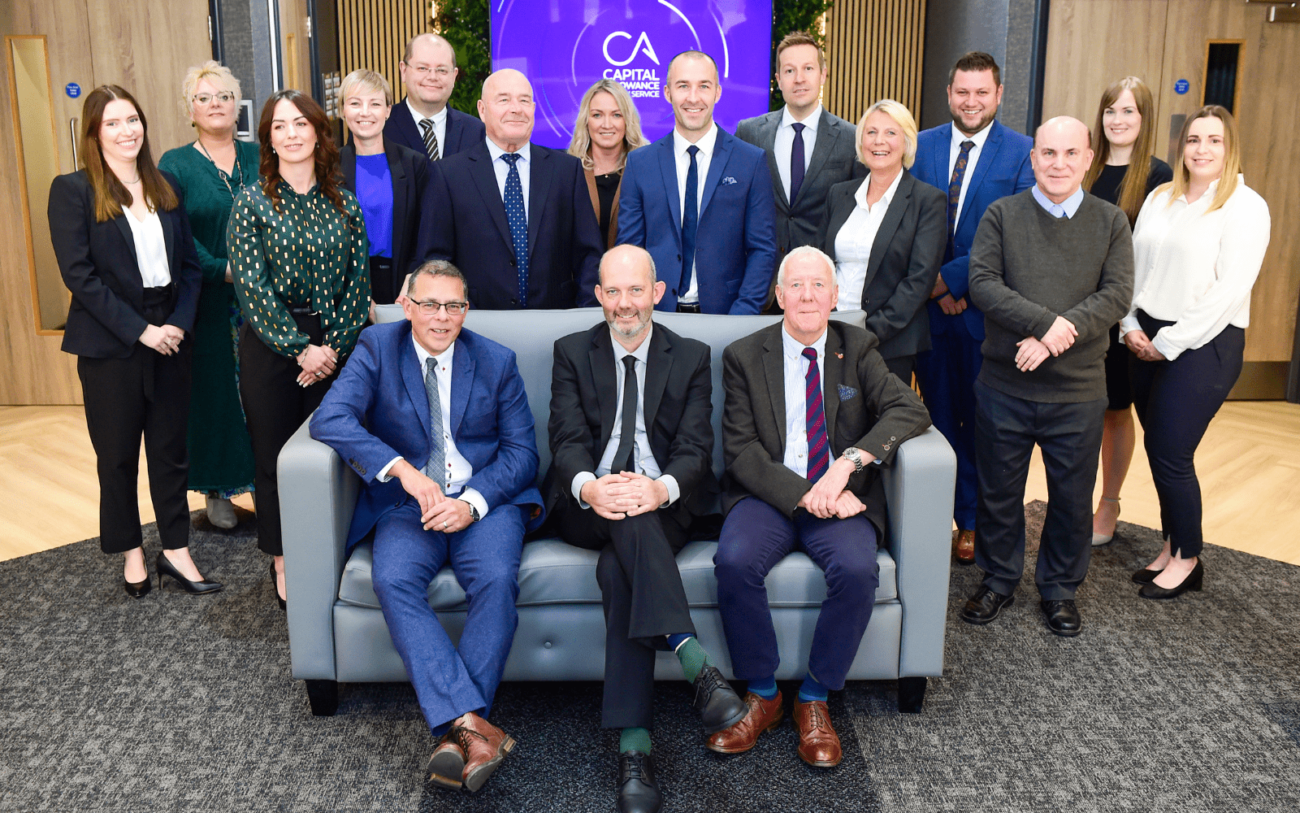Special rate pool (also known as integral features)
Special rate pool items can be defined as integral features and items.
This could include thermal insulation and cars with high CO2 emissions. Integral features could also include electrical and lighting systems, and heating systems (both space and water). As well as powered ventilation systems, air cooling systems, lifts and moving walkways, cold water systems, and external solar shading.
Main pool (also known as general pool)
In the capital allowances main pool, only certain types of assets can be included.
These assets include office equipment and machinery. However, they must be owned by the business and used for business purposes only. Businesses can claim main rate pool allowances on assets in the year they’re purchased and brought into use for business purposes. For this, the rate of annual tax relief is typically 18%.
Like the special rate pool, there are specific rules for how to calculate the value of the main rate pool. In addition, if an asset is sold, the proceeds are added back into the pool and may be subject to a balancing adjustment.
Examples of main pool items are plant and machinery, fixtures and fittings. These could include security and fire alarm systems, as well as furniture and furnishings such as tables and chairs, etc.
First year allowances (FYA)
A first year allowance is a type of tax relief that businesses can claim when they purchase new equipment or machinery. It allows a business to deduct the full cost of the asset from its taxable profits in the year that it was purchased. As opposed to spreading it out over several years.
Types of first year allowances
Annual investment allowance
There’s the annual investment allowance (AIA), which allows businesses to claim up to £1 million of their qualifying capital expenditure in full each year.
Full expensing
There is also full expensing, which is a temporary measure. This allows businesses to fully expense any qualifying investment on or after 1 April 2023 but before 1 April 2026.
Super-deduction
In addition, there’s the super-deduction which was introduced in the 2021 UK Budget. This allows companies to claim 130% of the cost of certain new, eligible plant and machinery assets against their taxable profits. Super-deduction has now ended but is still applicable in certain cases.
50% first year allowance
Finally, there’s the 50% first year allowance which allows businesses to claim 50% of the cost of certain assets in the year they were purchased.
Overall, these different pools and allowances can cause confusion, however, they all essentially aim to provide tax relief and encourage businesses to invest in new equipment and machinery.
Balancing allowances and charges
Balancing allowances and charges are financial adjustments made to a company’s accounts when disposing of fixed assets.
A balancing allowance is a tax deduction that can be claimed when the value of an asset has decreased over time. In contrast, a balancing charge is an additional tax liability that may arise when disposing of an asset that has increased in value. It is important for companies to understand the tax implications of these adjustments. Planning accordingly to minimise their impact on the company’s tax liability.
Why is specialist support important?
When it comes to capital allowance pools, things can get complex pretty quickly. There are different types of assets, different rates of relief, and different time periods over which those allowances can be claimed. All of these can vary depending on the specific circumstances of a business, that’s why specialist advice is so important.
As we are a capital allowance specialist, we help businesses to navigate multiple complexities which come with the process of claiming. Ensuring that our clients are taking full advantage of all the allowances available to them.
We help identify which assets qualify for which types of relief and advise on the most tax-efficient timing for purchases. Plus, make sure that all the necessary documentation is in place to support any claims. Without that specialist advice, it can be easy to miss out on valuable allowances. Or, even inadvertently make errors that could lead to penalties or additional taxes.
If you would like support with capital allowance pools, please get in touch with our expert team
-
11 April 2024
Land Remediation 2024: What Qualifies and What Doesn’t
Land remediation tax relief is a powerful incentive designed to encourage the rejuvenation of contaminated and certain derelict land. This is not only for environmental reasons but also for economic development. Understand what qualifies for this tax relief and what doesn’t, regarding Land Remediation...
-
6 March 2024
Spring Budget 2024: Changes to Capital Allowances
On Wednesday 6th March 2024, Jeremy Hunt, a key figure in fiscal policy, revealed the Spring Budget for the year. This announcement always demands the attention of businesses across sectors. As the dust settles, it becomes important to identify the changes that are going to impact the financial strategies...

 11 April 2024
11 April 2024
 6 March 2024
6 March 2024

